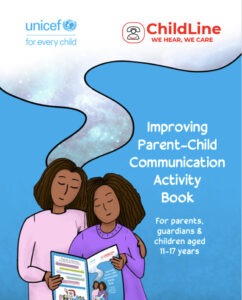Healthy habits to prevent childhood obesity
Is your child overweight?
With social media and even just the unwarranted opinions of other relatives to deal with, it can be easy to believe that the child is overweight or ‘fat’. This can lead to other baseless assumptions about the child’s character, for example, that they’re lazy or lack self-control. However, as a parent, you should never make assumptions about your child’s health (or even character) is based on the perception that they are overweight. A child’s physical development can be unpredictable, with factors like height, metabolism, and hormones to consider. Whether they are overweight can only be determined by a health professional who can recommend certain lifestyle changes as necessary.
Should I put my child on a weight loss diet?
It’s not typically a good idea to focus on weight loss in young children as their bodies are still developing. They should never be put on a weight loss diet unless it is recommended and guided by a physician. Putting your child on a diet to lose weight may restrict the nutrients they need to allow for healthy growth and development.
How can you help them stay healthy physically and mentally?
- Maintain an active environment at home. Most children need at least 1 hour of exercise or physical activity per day to balance out the calories they consume. This can also help maintain healthy blood pressure, bone and muscle strength, and mental health.
- Encourage more physical play than screen time. Time on social media or television is usually time spent lying in bed or on the couch. Encourage them to spend their breaks from school or study by playing outside or taking a walk/run.
- Make balanced meals with reasonable portion sizes. A balanced meal should be made of about half fruits and veggies and half protein and whole grains. Children don’t need to eat the same portion size as adults, so be careful of encouraging overeating. Snacks are good, but avoid snacks high in sugar, sodium, and/or fat (this includes juices and soft drinks).
- Ensure they get enough sleep at night. Children who don’t sleep enough will naturally have less energy during the day, making them less active and more likely to eat high calorie foods instead of balanced meals.
- Make healthy habits a family goal, not just an individual one. Avoid focusing these behaviour changes on one child because you think they need to be healthier; this will only make the child feel like something is wrong with them. The family should work together to gradually change their physical activity and eating habits.
The most important ways to prevent childhood obesity and improve the overall health of your family are healthy eating behaviours, regular physical activity, and proper self-care. These preventative strategies are part of a healthy lifestyle that should be developed during early childhood and maintained by all members of the family.








